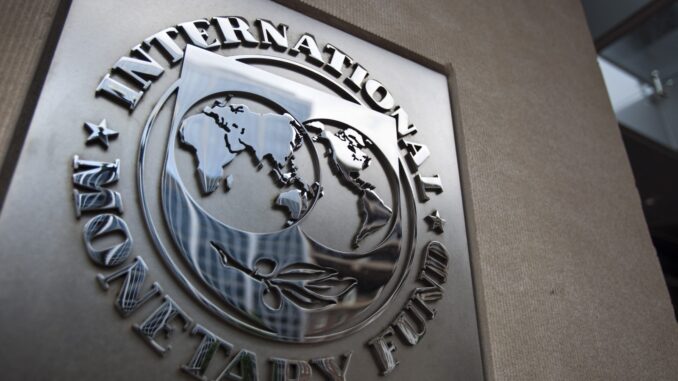
The International Monetary Fund (IMF) has reached on November 27 a key agreement with Ethiopia on the second review of its economic aid program, clearing the path for a $251 million disbursement. This agreement, which is part of a larger $3.4 billion assistance package approved in July, awaits final approval from the IMF’s Executive Board.
In a statement, Alvaro Piris, the IMF mission chief to Ethiopia, commended the progress of Ethiopia’s economic reform program. He highlighted improved availability of foreign currency and a narrowing gap between the official and parallel market exchange rates, which now stands at less than 10%.
Piris emphasized the importance of maintaining restrictive financial and monetary policies to ensure inflation remains low and stable over the medium term. Such measures are vital to bolstering Ethiopia’s economic recovery and achieving sustainable growth.
As part of its reform efforts, the Ethiopian government has initiated a significant privatization program targeting major state-owned enterprises, including the telecommunications sector. These reforms aim to enhance economic performance by increasing private sector involvement and diversifying the economy.
Between 2004 and 2019, Ethiopia experienced remarkable economic growth, with annual rates averaging around 10%. However, growth slowed to approximately 6% in recent years, accompanied by a sharp rise in inflation, which surged from around 20% to 30%, according to the World Bank.
This IMF-backed program, coupled with Ethiopia’s reform initiatives, seeks to address these challenges by stabilizing the economy, reducing inflation, and paving the way for a more robust and inclusive economic future.
